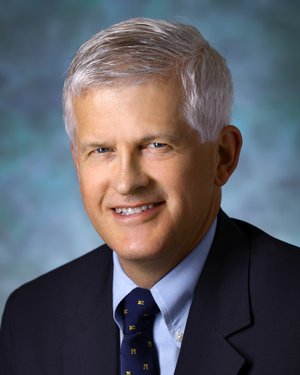Research Lab Results
-
The Functional Neurosurgery Lab
The studies of the Functional Neurosurgery Lab currently test whether neural activity related to the experimental vigilance and conditioned expectation toward pain can be described by interrelated networks in the brain. These two psychological dimensions play an important role in chronic pain syndromes, but their neuroscience is poorly understood. Our studies of spike trains and LFPs utilize an anatomically focused platform with high temporal resolution, which complements fMRI studies surveying the whole brain at lower resolution. This platform to analyze the oscillatory power of structures in the brain, and functional connections (interactions and synchrony and causal interactions) between these structures based upon signals recorded directly from the waking human brain during surgery for epilepsy and movement disorders, e.g. tremor. Our studies have demonstrated that behaviors related to vigilance and expectation are related to electrical signals from the cortex and subcortical structures. These projects are based upon the combined expertise of Dr. Nathan Crone in recordings and clinical management of the patients studied; Dr. Anna Korzeniewska in the analyses of signals recorded from the brain; Drs. Claudia Campbell, Luana Colloca and Rick Gracely in the clinical psychology and cognitive neurology of the expectation of pain and chronic pain; Dr. Joel Greenspan in quantitative sensory testing; and Dr. Martin Lindquist in the statistical techniques. Dr. Lenz has conducted studies of this type for more than thirty years with continuous NIH funding. -
Functional Neurosurgery Laboratory
The research goals of the Functional Neurosurgery Laboratory include the development of computational models to understand how brain function is affected by neurological conditions and how this abnormal function might be corrected or minimized by neuromodulation through electrical stimulation. The lab uses data collected from patients during epilepsy monitoring or in the operating room during DBS procedures to construct and calibrate the computational models. The models can be manipulated to explore functional changes and treatment possibilities. The other primary goal of the laboratory is the development of a neuromodulation system that applies stimulation pulses at specific phases of brain oscillatory activity. This technique is being explored in the context of Parkinson's disease as well as memory function, and may lead to less invasive therapeutic treatment system with more effective stimulation. -
Marvel Cognitive Neuropsychiatric Research Laboratory
The Cognitive Neuropsychiatric Research Laboratory (CNRLab) is part of the Division of Cognitive Neuroscience within the Department of Neurology at the Johns Hopkins University School of Medicine. Its current projects include investigating the motor system's contribution to cognitive function; HIV-related neuroplasticity and attention-to-reward as predictors of real world function; and brain function and cognition in Lyme disease. -
Neuromodulation and Advanced Therapies Center
We investigate the brain networks and neurotransmitters involved in symptoms of movement disorders, such as Parkinson's disease, and the mechanisms by which modulating these networks through electrical stimulation affects these symptoms. We are particularly interested in the mechanisms through which neuromodulation therapies like deep brain stimulation affect non-motor brain functions, such as cognitive function and mood. We use imaging of specific neurotransmitters, such as acetylcholine and dopamine, to understand the changes in brain chemistry associated with the clinical effects of deep brain stimulation and to predict which patients are likely to have changes in non-motor symptoms following DBS. Through collaborations with our neurosurgery colleagues, we explore brain function by making recordings during DBS surgery during motor and non-motor tasks. Dr. Mills collaborates with researchers in the Department of Neurosurgery, the Division of Geriatric and Neuropsychiatry in the Department of Psychiatry and Behavioral Sciences and in the Division of Nuclear Medicine within the Department of Radiology to translate neuroimaging and neurophysiology findings into clinical applications.



